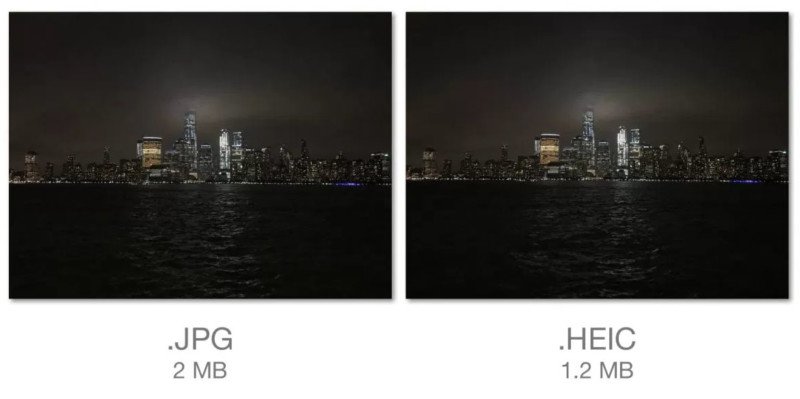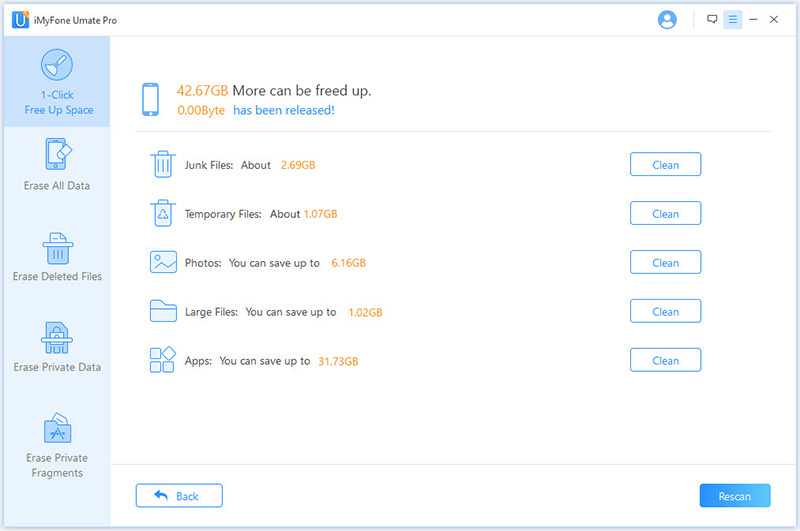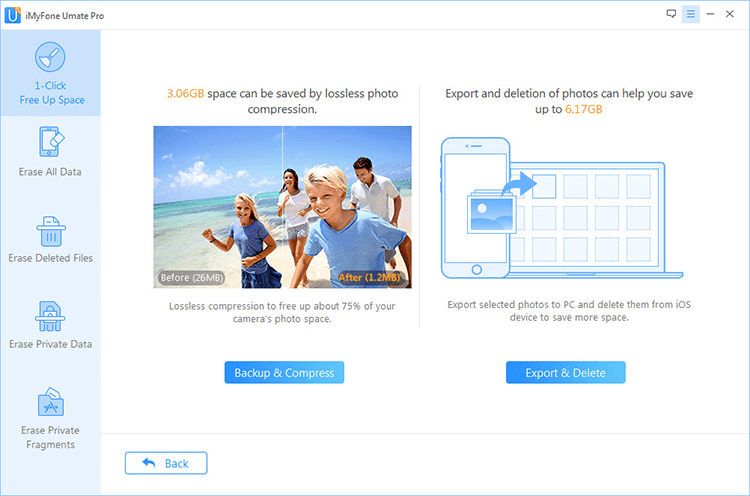This article was updated on March 22, 2018.
Have you ever felt that your photos and videos take up way too much space on your iPhone? Do you wish technology could compensate for all of this by making the file sizes smaller, while still allowing you to have high quality videos and photos? Well, iOS 13 solves this problem really well with its new support of HEIF images and HEVC videos.
What’s the New HEIF and HEVC Camera Formats in iOS 13?
It’s great for iPhone or iPad users who are running low on storage space: HEIF images and HEVC videos in iOS 13 will save up to 50% on storage needs. iOS 13 introduce the new HEVC (H.265) codec for photos and videos, and HEIF format for photos.
HEVC, also named High Efficiency Video Coding, has been applied by Apple in FaceTime calls. It’s also used on some non-mobile devices by Netflix and Amazon.
HEIF, pronounced “Heef”, is also called High Efficiency Image Format. Is the format of HEVC-encoded pictures which use .heic file extension.

What Do the New Camera Formats Mean for iPhone Users?
The idea behind the new HEIF and HEVC formats is that your media will be compressed automatically when you take photos or video. They will still be high quality, but they will eat up less space on your device, so that you’re less likely to end up with full storage just because you like to take a lot of snapshots.
Basically, this advance in technology will make media storage more efficient for users. In theory, it will cut your need for storage in half.
This update has both advantages and disadvantages, though, as with any kind of file compression technology:
Advantages:
- It will save you huge amounts of disk space, so it will take longer for your to run out of storage.
- Since it makes the file sizes smaller, sending media to friends and family will be faster.
- It can save on data costs when transferring compressed files.
- For people who pay for iCloud storage, the compressed files can result in big savings.
- You may be able to get a cheaper device with smaller storage because your photos and videos will take up less room.
Disadvantages:
- Your phone’s processor has the added burden of uncompressing the images and videos when you need to view them. You probably won’t notice the difference, though.
- Encoding and decoding HEIF and HEVC could require more battery resources and drain your battery faster, especially if the files are particularly large.
- It may not be immediately compatible with other devices yet. Some people who you send your photos and videos to may not be able to play back or edit HEIF or HEVC media files.
Powerful Tips to Save Photo & Video Space in iOS 13
There are other ways to save photo & video space in iOS 13, though—or even in an older version of iOS if you haven’t upgraded yet. One of the best ways is to use an advanced iOS management tool like iMyFone Umate Pro/iMyFone Umate Pro for Mac. Umate Pro allows you to save tons of photo/video space with its many features:
- Backup photos & video easily so that you can delete them on your iPhone.
- Losslessly compress your photos to save 75% space.
- Permanently delete photos and videos, leaving no recoverable trace. (This is especially important if you’re concerned about your privacy.)
- Permanently erase files (including photos and video) that you deleted previously by hand.
- Thoroughly clear photo cache and video cache on iPhone/iPad for free.
If you’re wondering how to compress your photos in iOS 13 using Umate Pro, here are the simple steps:
Step 1: Download and install iMyFone Umate Pro. Connect your iPhone to your with your USB cable.
Step 2: Open Umate Pro and click the "Quick Scan". It will scan your iPhone.

Step 3: Click on "Clean" button beside "Photos" and then choose “Back up & Compress”. It will start to back up your iPhone photos and then compress them without deleting quality.

While iOS 13 will have new photo compression features that make it easily to keep your storage from getting too full, you can take efficiency to another level by using iMyFone Umate Pro to compress your media even more, back up and delete your photos, and even securely erase your files so that they are unrecoverable.



















 July 29, 2024
July 29, 2024